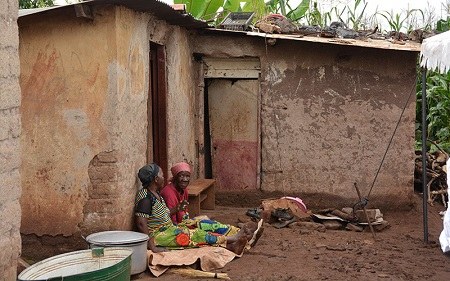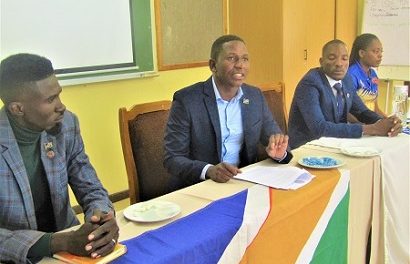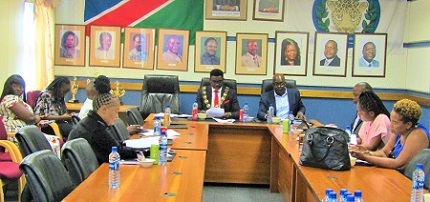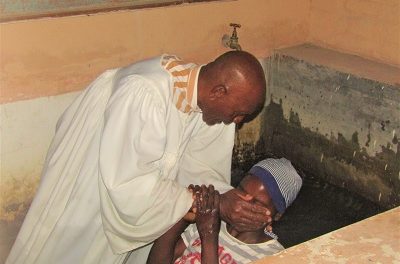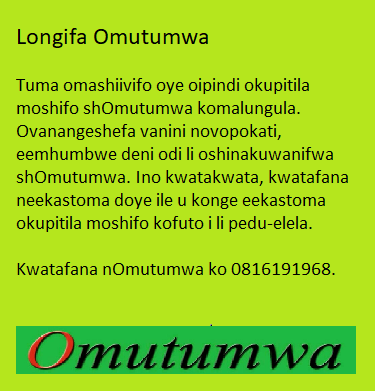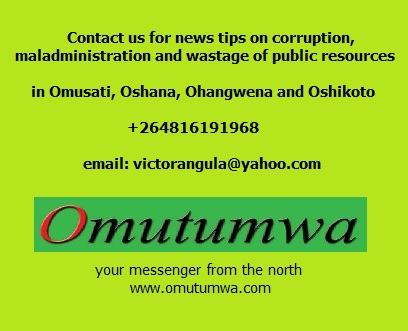THE United Nation’s Human Development Report of 2019 says that something is terribly wrong with the world of today. The report of 366 pages explains the current situation of the world in terms of poverty and inequalities within countries and between continents.
The report, with the subtitle of: “ Beyond income, beyond averages, beyond today: Inequalities in human development in the 21st century” paints a picture of what is wrong with the modern world, a world in which people travel to the moon for fun while other people are unable to feed their families.
The following is an excerpt of the preface to the report by Mr Achim Steiner the Administrator of the United Nations Development Programme:
“The wave of demonstrations sweeping across countries is a clear sign that, for all our progress, something in our globalized society is not working. Different triggers are bringing people onto the streets: the cost of a train ticket, the price of petrol, political demands for independence.
A connecting thread, though, is deep and rising frustration with inequalities. Understanding how to address today’s disquiet requires looking “Beyond Income, Beyond Averages and Beyond Today,” as this Human Development Report sets out to do. Too often, inequality is framed around economics, fed and measured by the notion that making money is the most important thing in life.
But societies are creaking under the strain of this assumption, and while people may protest to keep pennies in their pockets, power is the protagonist of this story: the power of the few; the powerlessness of many; and collective power of the people to demand change.
Going beyond income will require tackling entrenched interests—the social and political norms embedded deep within a nation’s or a group’s history and culture. Looking beyond today, the 2019 Human Development Report articulates the rise of a new generation of inequalities.
Just as the gap in basic living standards is narrowing, with an unprecedented number of people in the world escaping poverty, hunger and disease, the abilities people will need to compete in the immediate future have evolved.
A new gap has opened, such as in tertiary education and access to broadband—opportunities once considered luxuries that are now considered critical to compete and belong, particularly in a knowledge economy, where an increasing number of young people are educated, connected and stuck with no ladder of choices to move up. At the same time, climate change, gender inequality and violent conflict continue to drive and entrench basic and new inequalities alike.
As the Human Development Report sets out, failure to address these systemic challenges will further entrench inequalities and consolidate the power and political dominance of the few. What we are seeing today is the crest of a wave of inequality. Just as inequality begins at birth, defines the freedom and opportunities of children, adults and elders, and permeates those of the next generation, so, too, policies to prevent inequalities can follow the life cycle…”
Caption: Two elderly African women sit at home. Their lives are entirely dependent on agriculture, with little if any support at all from the government. With the adverse effects of climate change they keep wondering what the future holds for them and their families.

